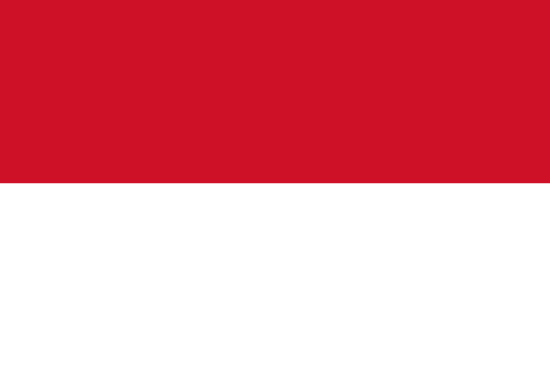"Denpasar, Kota Budaya | Denpasar, City of Culture"
About:
Denpasar, the capital city of Bali, Indonesia, was founded in the late 19th century. It was originally a market town and became a major economic and administrative center under Dutch colonial rule. After Indonesia's independence in 1945, Denpasar continued to grow, becoming the provincial capital of Bali in 1958. Despite significant damage from the 2002 Bali bombings, the city has continued to develop, with tourism playing a major role in its economy. Today, Denpasar is a vibrant, modern city with a rich cultural heritage.
When to visit:
Denpasar, the capital city of Bali, Indonesia, experiences a tropical climate with two distinct seasons: the wet season and the dry season. The best time to visit Denpasar is during the dry season, which typically lasts from April to September. During this time, you can expect sunny skies, warm temperatures, and lower humidity levels, making it ideal for exploring the city's cultural attractions and beautiful beaches. However, it is important to note that Denpasar can be busy with tourists during peak seasons, so it is advisable to plan your trip well in advance to secure accommodations and avoid crowds.
When to avoid:
Denpasar, located in the tropical climate zone, experiences two distinct seasons: wet and dry. The worst time to travel to Denpasar on a holiday is during the wet season, which typically lasts from November to March. This period sees heavy rainfall, high humidity levels, and an increased risk of tropical storms and cyclones. Travelers are advised to plan their trips during the dry season, from April to October, to enjoy sunny weather and optimal conditions for exploring the city and its surrounding attractions.
Rainy Season (Nov-Apr)
The wettest portion in Denpasar, Bali, occurs from December to March. The average daily temperature ranges from 75-85°F (24-29°C), but high humidity can make it feel warmer. Rainfall peaks in January, with an average of 347mm, usually in heavy, brief showers. The average sunlight hours drop to 5-6 hours per day, with significant cloud cover. An average day for a visitor might start sunny, turn cloudy by midday, followed by a short intense afternoon rain, then clearing up again in the evening. Despite the rain, the city remains vibrant and lively.
"Hot Season (November–March)"
In Denpasar, the warmest part of the year typically spans from November to March, aligning with the rainy season. During this period, the average high temperature is around 31-33°C (88-91°F), while the average low temperature is about 24-25°C (75-77°F).
Rainfall is quite significant during these months, averaging around 90-280mm per month. This means that sudden, heavy showers are common, but they are usually followed by sunshine. The city receives about 5-6 hours of sunlight per day during this period.
The humidity is high, often exceeding 80%, which can make the heat feel more intense. It's also a cloudier part of the year, with cloud cover averaging around 70-80%.
For a visitor, a typical day in Denpasar during this period would be warm and humid, with a good chance of experiencing a tropical downpour. However, these showers are typically short-lived and are often followed by bright, sunny periods. Despite the rain, there's still plenty of warmth and sunshine to enjoy outdoor activities. But it's advisable to stay hydrated and protected from the sun. It's also a good idea to carry an umbrella or raincoat for the sudden showers.
Language:
In Denpasar, the most commonly spoken language is Indonesian, as it is the official and national language of the country. However, Balinese is also widely spoken, particularly by the indigenous population. Additionally, due to the city's popularity as a tourist destination, English is commonly used in business and tourism sectors.




